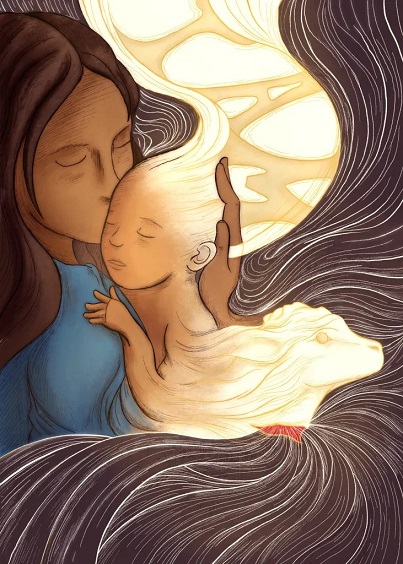Tag: The Nativity of Our Lord
-

The Nativity of our Lord
Readings: Exodus 40:17-21, 34-38 | Titus 3:4-7 | John 1:1-14 Text: John 1:1-14 The Word became flesh and dwelt among us. Those few words describe the most important event in all creation. You would think that the universe being created out of nothing by the Lord simply speaking His Word would, by default, be the…
-

The Nativity of Our Lord
Readings: Exodus 40:17–21, 34–38 | Titus 3:4–7 | John 1:1-18 Text: John 1:1-14 In dialog, God always goes back to the beginning, the foundation upon which He built. Consider these examples from Jacob, Moses, and the prophet Isaiah: “And behold, the Lord stood above it and said, “I am the Lord, the God of Abraham…